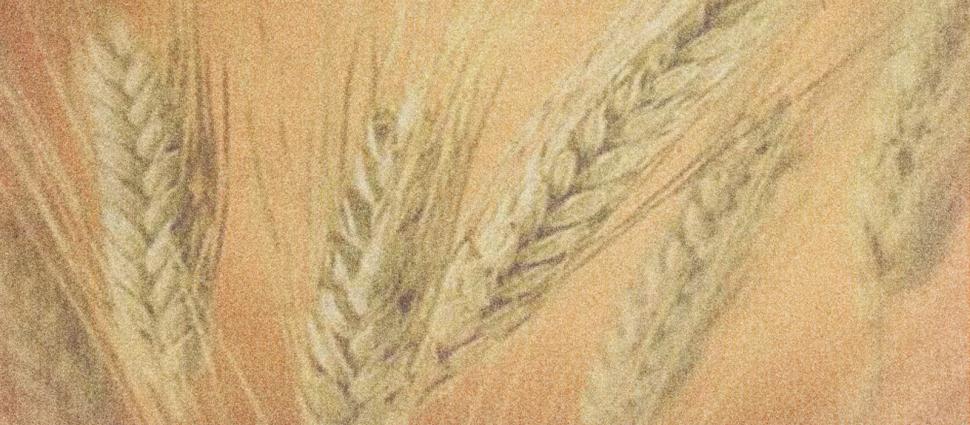A Stunning Symbol of Christ

If you could choose a symbol of your life from nature, something that would describe and define you, what would you choose? A mountain – to portray your reliability? A rose – to convey your beauty? A stallion – to impress with your strength? An orange tree – to remind of your fruitfulness? Jesus chose a grain of wheat. A tiny, insignificant, unnoticed, little-thought-upon seed. And a dying one at that.
"Most assuredly, I say to you, unless a grain of wheat falls into the ground and dies, it remains alone; but if it dies, it produces much grain" (John 12:24).
Jesus announced this stunning comparison when Gentiles were beginning to follow Him. He did it to remind Himself and His followers that, however many were showing interest in Him, He had to die if He was to produce more than just a few handfuls of followers.
The Grain of Wheat
Yet, despite initial appearances, a grain of wheat was such a fitting symbol of Christ's person and work. Like it, Christ often looked small, feeble, worthless, useless, and powerless. But, like the grain, beyond the surface, “underneath” His humanity, was incredible power, value, worth, usefulness, and potential.
The Fall
Although Jesus was enjoying a brief moment of popularity in these verses of John 12, He forces Himself to face the solemn fact that this was a relatively small and short burst of interest, and that for massive and eternal benefit, the grain had to fall into the earth and die.
Christ's whole life was a life of falling, of humiliation, of downward-mobility. He descended from heaven to earth, from the warm embrace of God to the cruel hands of men, falling with increasing acceleration, until eventually all restraints are removed and He goes into the darkest, scariest free-fall in Gethsemane and on the cross.
The Death
Like the grain, he does not only fall on the earth, but into the earth. He disappears from sight, buried in the bowels of the earth. Dead. As dead as can be.
The Harvest
But, though sowing seems to ensure the destruction of the wheat, and though it be long-forgotten for many days or weeks, the death of the grain's shell emancipates the germ of life within it. Without that death, the seed "remains alone." Solitary. Famine. Desert. Barren.
But by that death, life is released and even multiplied. "If it dies, it produces much grain." What a joy to be one of the many grains released and multiplied by Christ's death!
See how stunning perfect is this symbol of Christ's person and work! Every seed sown in the fields, in our yards, or in our gardens is a new reminder that the Giver of life must die.
And that's not just true of Christ but of all Christians too; because in the very next verse, Jesus also applied this truth to his followers:
"He who loves his life will lose it, and he who hates his life in this world will keep it for eternal life" (John 12:25).
You can “love” your life. You can just live for yourself and avoid dying daily to sin, self, the world, and the devil. But the result will be worse than lonely sterility. You will lose your life
Or you can “hate” your life. You can give it away in numerous acts of self-denying service for others. You can fall into the ground and die. And the glorious result will be abundant eternal life for you and others.
What a harvest would be produced if more of us were prepared to "fall into the ground and die."





